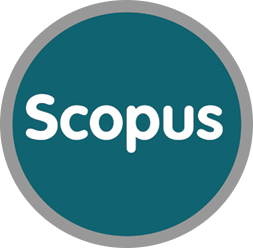Entrepreneurial-STEM Learning_4
Abstract
The increasing emphasis on a competency-based learning approach in entrepreneurial-STEM (E-STEM) necessitates competency-based assessment tools to track students’ entrepreneurial development and enhance the quality of E-STEM projects. This study aims to create a valid analytical rubric for assessing students’ E-STEM competencies. Using a mixed-methods approach involving semi-structured interviews and a questionnaire, 152 undergraduate students participated. The process of developing the rubric involved two main stages. Phase 1 focused on rubric development, where dimensions and criteria were established. In Phase 2, the rubric was implemented for user validation, including assessment experts, faculty, and students. The research provides a valuable tool for E-STEM teachers to align assessment practices with learning outcomes. Results indicate the effectiveness of the developed E-STEM rubric in offering constructive feedback on learners’ competencies and performance. Additionally, the rubric establishes a more visible learning context, enabling students to self-regulate and explicitly assess their entrepreneurial competencies and projects.
Keywords
Entrepreneurial-STEM learning; formative assessment; analytical rubric; competency-based assessment; constructive feedback, E-STEM competencies
| Developing a rubric for assessing students competencies in entrepreneurial-STEM learning context | File Size: 912KB | View / Open |
This paper is the fourth in the series of publication focused on entrepreneurial-STEM Learning. It provided a validated analytical rubric for assessing E-STEM student outcomes which holds practical and theoretical significance. This rubric serves as a valuable assessment tool for educators to evaluate and enhance student performance. Beyond its immediate application, the rubric contributes to the theoretical framework of E-STEM education, providing a structured approach for interdisciplinary outcome measurement. Its potential impact extends to influencing educational policies and practices, fostering effective strategies for student success in E-STEM disciplines.










